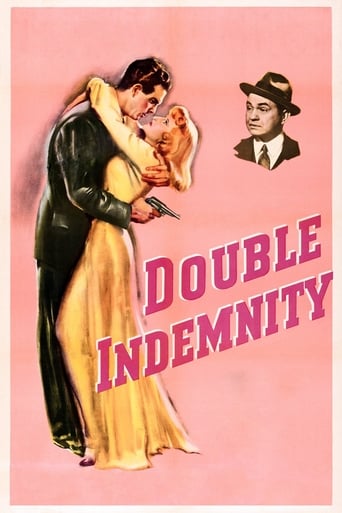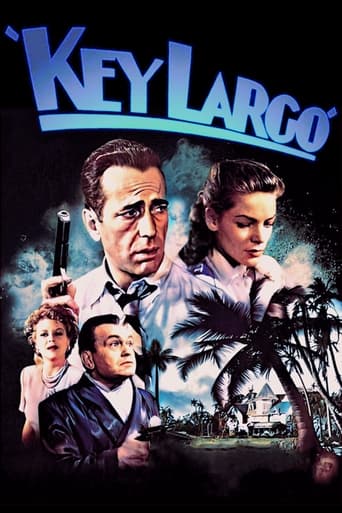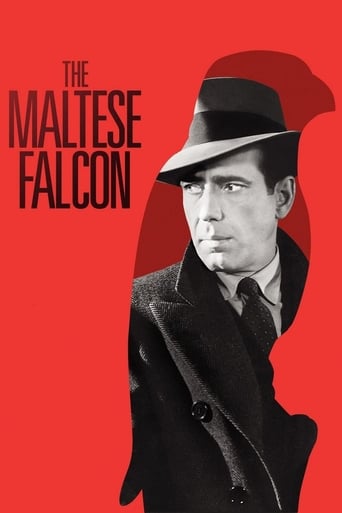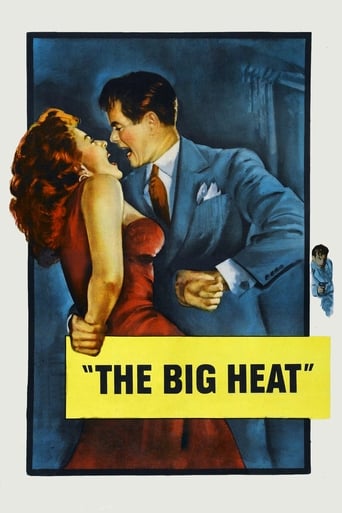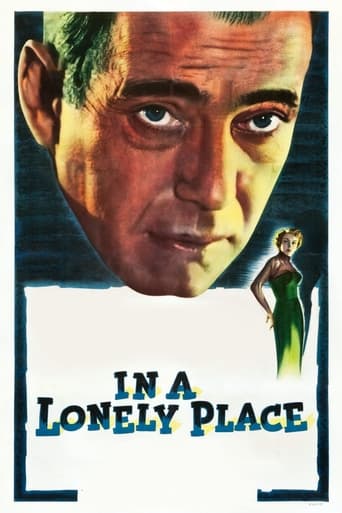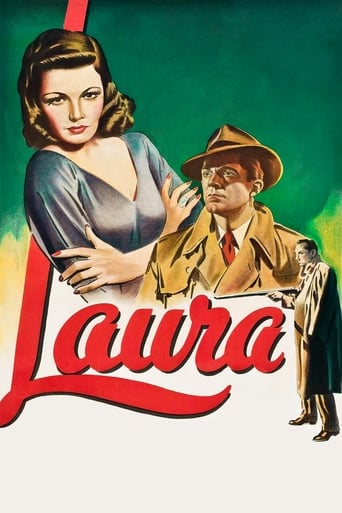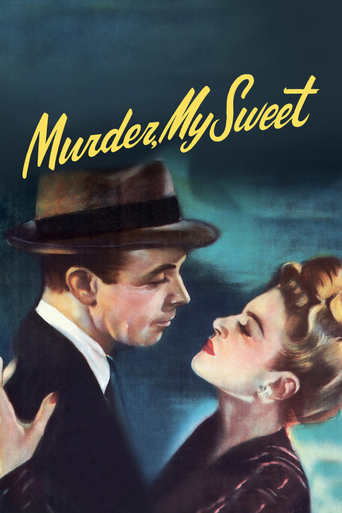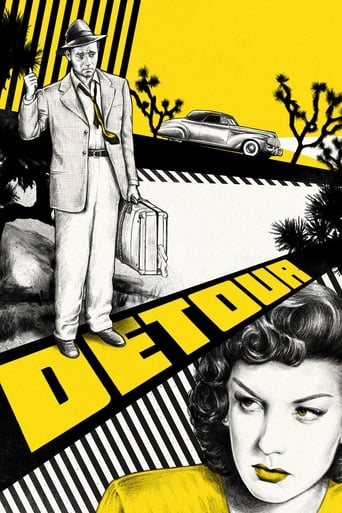


Detour
The life of Al Roberts, a pianist in a New York nightclub, turns into a nightmare when he decides to hitchhike to Los Angeles to visit his girlfriend.
-
- Cast:
- Tom Neal , Ann Savage , Claudia Drake , Edmund MacDonald , Tim Ryan , Esther Howard , Pat Gleason


Similar titles



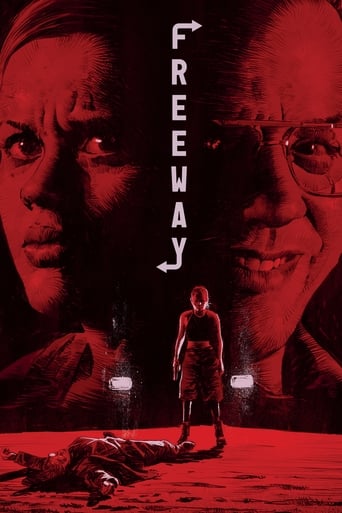
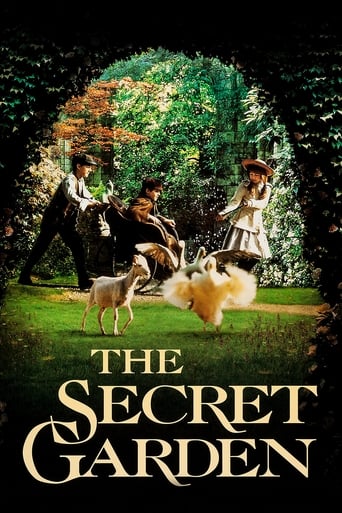

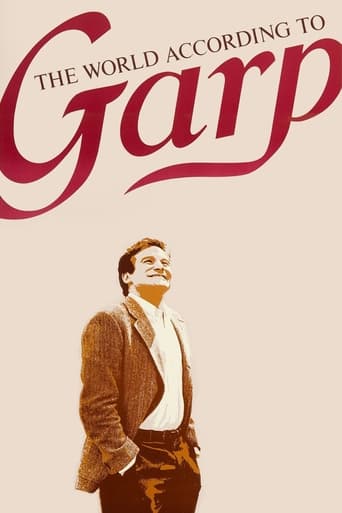
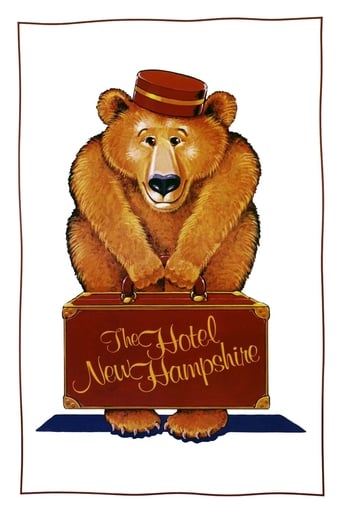
Reviews
Simply A Masterpiece
It's complicated... I really like the directing, acting and writing but, there are issues with the way it's shot that I just can't deny. As much as I love the storytelling and the fantastic performance but, there are also certain scenes that didn't need to exist.
The best films of this genre always show a path and provide a takeaway for being a better person.
Let me be very fair here, this is not the best movie in my opinion. But, this movie is fun, it has purpose and is very enjoyable to watch.
Apparently, "Detour" follows closely the 1939 novel by Martin Goldsmith of the same title. Goldsmith also wrote the screenplay. The general plot idea is good for film noir, but this story played out on the screen is just too hokey. I watched this movie with no more inkling of what it was about than I got from its promos. Afterward, I read that this film has been preserved for posterity and has become something of a cult classic. I can't imagine why, in either case – unless it would be for the technique of voice over for an actor's thoughts. There are any number of other noir films that have superb plots, casts and productions. There are two things I noted of historical significance in this film. The first is the long distance telephone connections that used to take some time for coast-to-coast calls. The second is the border check stations in California. I can't think of another movie that shows this. For many years, people entering California were not allowed to bring fruits or vegetables in with them. Vehicles had to stop at road entry stations to answer questions, have their vehicles checked and discard any fruits or vegetables they had with them. The lines at these check stations could sometimes be quite long, and the check stations operated almost like passport stations between countries well into the 1960s. Today, California still has control stations, but many fruits and vegetables for personal consumption are allowed, and the process is much quicker. "Detour" shows Al entering California from Arizona at a highway checkpoint where there are no other vehicles in sight. Even in 1939, there would have been more traffic. The low budget, cheap shooting, and minor cast of "Detour" are emblematic of the story quality. And, that's just hokey, with one incongruity after another. The viewer is first drawn to the tone of Al Roberts (played by Tom Neal) as he ruminates over coffee in the roadside diner. The "poor me, life is tough" message sets the stage for the film. The guy's got a real chip on his shoulder. Then, a flashback takes us to New York where he's playing piano while the love of his life sings. That's Claudia Drake playing Sue Harvey. And, we're led to believe that he's a masterful pianist. But whoa – he's got the chip on his shoulder already. Times are tough, they're just scratching out a living playing in a cheap nightclub. Then Sue wants to go to California to try to break into movies. Enter incongruity. But not Al – he wants to make it playing in a concert at Carnegie Hall. He loves Sue and wishes her well in California. Any number of other movies show couples in love traveling West together. The incongruities begin to pile up. We see Al playing in the same nightclub. The patrons are sitting around tables like wooden dummies. Al plays a medley of virtuoso numbers on the piano. He gets a $10 tip from a client. It's a big one. That $10 in 1939 (the setting of the film) would be more than $175 in 2017 dollars. More incongruities. Apparently, wealthy people frequent the cheap nightclub. There are no scenes of Al trying out, pounding the pavement, or playing with an orchestra or in a concert hall. Love strikes again and he misses Sue. He calls her and sets out to join her in California. He hocked everything and has just enough money for food. But he can't afford a train or bus ticket? What did he do with all of his tips and pay – or was he living on the high hog? He could have saved enough for an $80 train fare from New York to L.A. Al was so preoccupied in his thoughts that he didn't pay attention to Charles Haskell Jr. (played by Edmund MacDonald) when he asked twice for Al to get his box of pills out of the glove box. He saw him take the pills, but he didn't think anything of it. Yet when he opens the door after he wasn't able to awaken Charles, he thinks Charles dies when he falls out of the car and hits his head on the ground. And the ground is wet and muddy from the rain. So, he doesn't have enough sense to realize that the guy had a heart problem, and the pills probably were strychnine. OK, so he was dumb in the ways of life. Then, instead of doing what normal people would have done – driven to the next place with a police station, he conjures up all sorts of "reasoning" of wrongdoing. He justifies in his mind what he's about to do. The incongruities continue throughout this film. The last big one being his pulling on the telephone cord under the door instead of yanking the cord out of the wall on his side of the door. Or did he think he could pull the phone through the door? No, the acting isn't that good. Ann Savage as Vera makes a good Bette Davis impersonation. But this plot in this film is so contrived and hokey that it's almost laughable. In real life, Tom Neal's personal story is more interesting than this movie, and much more like film noir. Neal came from a wealthy family and was a champion boxer in college. He attended Northwestern University and got a law degree from Harvard. He got mixed up with some underworld characters even as he started out in Hollywood. He severely beat up actor Franchot Tone. Two of his three wives died and he spent several years in prison for killing his third wife. He died of heart failure at age 58, less than a year after his release from prison.
It's quite surprising to see such amazing films in those years.Al Roberts is traveling to Hollywood to meet his girl friend. The poor man has no enough money to travel. So, he tries different ways to get there. A strange man gives him a lift. He offer him food also. On the long drive,the stranger takes a nap and Roberts drives the car. Later he finds out that the stranger is dead. Afraid of the Police, he hides the dead body in the woods, and take the man's identity. On his way, he offers lift to a woman, that puts him into more troubles.A really interesting plot, and very well made movie. A must watch film for all movie maniacs. Do not miss it. #KiduMovie
Detour (1945): Dir: Edgar G. Ulmer / Cast: Tom Neal, Ann Savage, Edmund MacDonald, Claudia Drake, Don Brodie: Intriguing noir suspense about levels of complications. Tom Neal plays a nightclub pianist whose girlfriend heads to Los Angeles to pursue an acting career. Neal hitchhikes after her and is picked up by a business gentleman who talks of his dying father and scars on his arm left by a woman. When he dies of a heart attack Neal buries the body and assumes the identity believing that police would accuse him of murder if he contacted them. Frankly, the coroner's report should prove otherwise. The biggest contrivance regards the hitchhiking woman who turns out to be the victim's blackmailing ex. Do we believe Neal's narrative? Even the silliness of the conclusion is striking from its viewpoint. Directed by Edgar G. Ulmer who plays with the film's sarcasm and thriller elements. Neal is fine as a victim of circumstance that concludes with two bodies. Ann Savage is vicious as the hitchhiker whom Neal learns much about and cannot counter. Edmund MacDonald is seen briefly as the victim but the role is pivotal. Claudia Drake rounds out the cast as Neal's girlfriend who seeks a career away from the madness. There are smaller roles that appear here and there but nothing beyond prop level placing. Low budget example of the compiles of sin and guilt. Score: 6 ½ / 10
During the 1940s & '50s, going to the movies required a commitment of an entire evening. You'd be treated to a newsreel, a cartoon, a short, previews, and then a double-feature, which included a "B" movie (typically just over an hour long) followed by the main feature (one featuring A-list actors and the top screenwriters and directors of the day). How different from today's multiplex dogma of showing just one feature as many times as possible throughout the course of a day."B" movies were often horror films, Three Stooges shorts, westerns (in the early years), or serials (such as Andy Hardy or Charlie Chan), the main features would be the expensive musicals, dramas, and other big-budget productions. "B" movies were even made by separate studios. MGM and Paramount would never stoop to producing "B" movies. Whereas "B" movies were produced by the long-defunct Monogram Pictures, Republic Pictures, and others. While the "B" movies were usually shot on shoestring budgets, and often featured actors unknown to most Americans, some of them have become classics. One such "B" movie classic is Edgar Ulmer's 1945 flick, "Detour." Starring Tom Neal as a drifter hitchhiking his way across the country, "Detour" takes his character, Al (no last name required), through a series of missteps which serve to tighten the proverbial noose of classic film noir around his neck until the (basically) decent man is faced with spending perhaps the rest of his life behind bars. First, Al is picked up by a pill-popping bookie who accidentally dies when Al is driving. Fearing the police will assume Al killed the bookie, he steals the car and the man's identity. We can call this Mistake #1. Mistake #2 occurs when he picks up a female hitchhiker named Vera, a woman with no apparent moral standards, who blackmails Al by threatening to turn him in for murder. As Vera, Ann Savage gives one of the greatest femme fatale performances ever. She's hard-blooded, ruthless, and (dare I say) savage. Suffice to say, Vera is not the kind of girl you'd bring home to mama. And I loved the fact that, contrary to almost every other picture of the day, the woman was the smartest character in the film. Years after I first saw "Detour," Ann Savage's achievement is still fresh in my mind.While the production and camera-work leave a lot to be desired, "Detour" is one of the greatest examples of film noir ever. It features all the staples of the genre – dark shadowy sets, murky black & white lighting, a no-nonsense voice-over narration, and generally good characters pulled by outside forces into a web of deceit. Film noir protagonists often operated just outside the law, on the fringes of society. These weren't men who typically had a lot of friends. And when the protagonist was a cop, he was typically a plainclothes investigator who was at odds with the boys at headquarters. Think Glenn Ford in "The Big Heat." These weren't the "white hat" heroes you'd find in the "A" movie, or main feature."Detour" masterfully draws upon these tenets of the film noir style to present, through a highly personal story featuring very few characters, a world devoid of hope and promise. Now before you ask, "Why on earth would I want to see this?," I must tell you that "Detour" is a lot of fun to watch. I suppose we know early on that things will not end well for Al, the lead character. But getting from the opening scene to the somewhat inevitable conclusion is a 68-minute thrill ride unlike almost any ever put on celluloid.Edgar G. Ulmer was a relatively unknown director. "Detour" is his claim to fame. And it's so good it makes me wonder what Ulmer could have done with a big studio budget. We'll never know, of course, but the Library of Congress was smart enough to tag "Detour" for preservation in the National Film Registry – meaning we'll always have access to this Buried Treasure.

